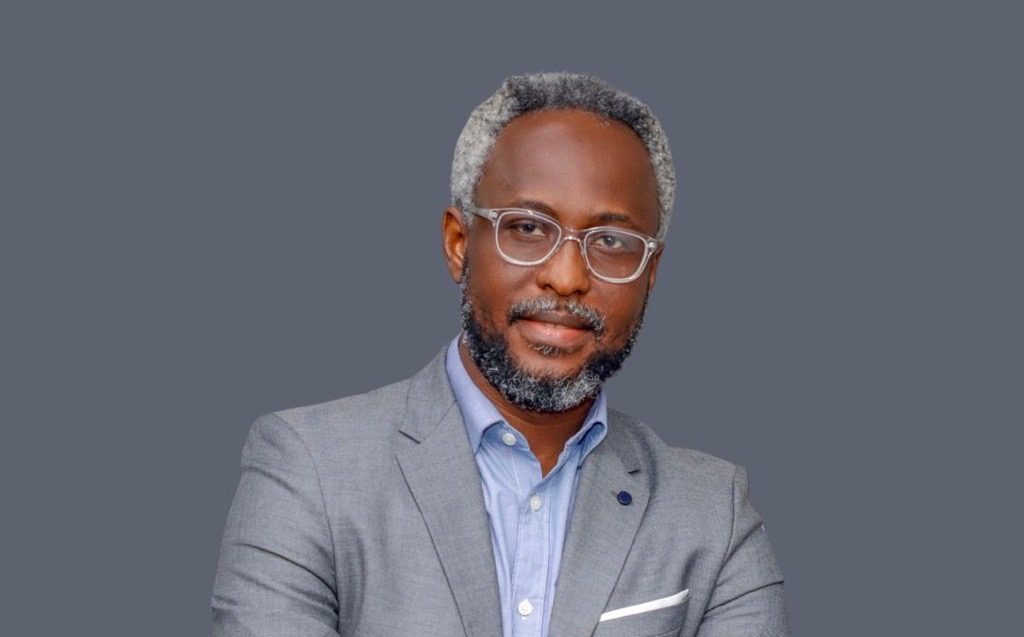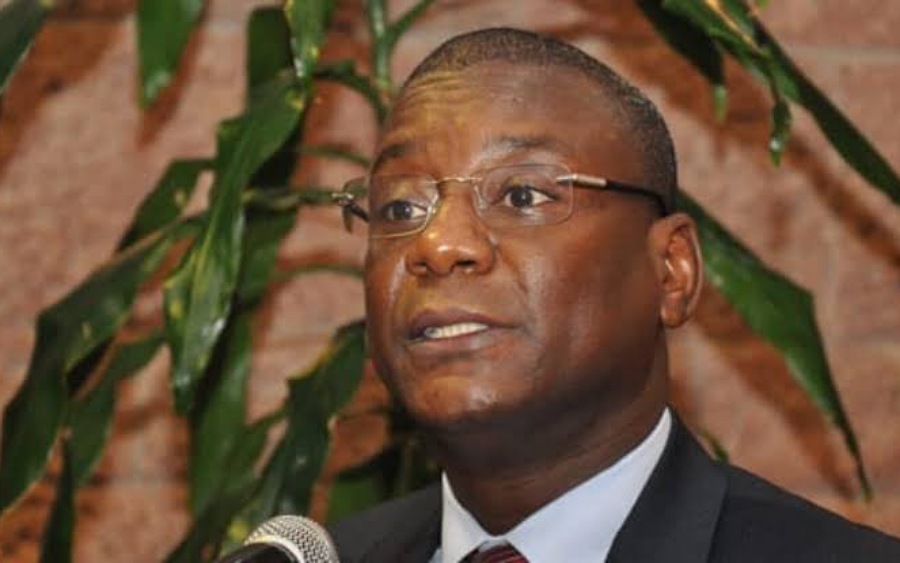The African Development Bank (AfDB) has revealed that Nigeria spends more than 50% of its revenue on debt servicing. This was disclosed at the ongoing annual general meeting of AfDB in Malabo, Equatorial Guinea.
While speaking on the West Africa Economic Outlook 2019, the president of the AfDB, Akinwunmi Adesina, stated that unlike other West African countries whose average revenue on external debt servicing is 17%, Nigeria spends a whopping 50%.
[BEHIND-THE-SCENES] #AfDBAM2019: Earlier the @AfDB_Group speaking to the media before the Annual Meetings 2019 kicks off in #Malabo, Equatorial Guinea from 11-14 June. Catch the live crossings on #CNBCAfrica or watch here >> https://t.co/UGlvJiCZ98 pic.twitter.com/kimZ4ZyNpY
— CNBC Africa (@cnbcafrica) June 10, 2019
More Details: Cape Verde had the highest external debt-to-GDP ratio in 2018, which is an estimated 103 percent, followed by Senegal, Niger, and Sierra Leone. At 329 percent, Liberia had the highest rate of debt accumulation between 2010 and 2018, followed by Nigeria at 128 percent.
However, despite the increase, Nigeria still has one of the lowest external debt-to-GDP ratios, at 15.2 percent. Benin, Guinea-Bissau, and Togo also have a ratio below 25 percent.
“The rapid increase in external indebtedness remains a challenge, especially given the shift toward non-concessional external debt. Debt service payments have also increased since 2010 and are projected to remain high in the medium term. The increase has heightened the fiscal burden in an already fiscally and growth-constrained environment. This raises important concerns regarding the sustainability of external debt. West African countries spend an average of 17 per cent of revenue on servicing external debt”.
Why this matters: According to AfDB, the country’s debt burden had increased by as much as 128 percent in the last eight years while Nigeria’s debt to Gross Domestic Product remained low. The increasing domestic debt burden means that the total proportion of the revenue spent on servicing debt is even higher. In a country where only six percent of GDP is collected in revenue, the high burden of debt service is a major concern.
What does this mean: The AfDB disclosed that the possibility of Nigeria accessing concessional debt or increasing the proportion of grants is now slim due to the debt record. What Nigeria needs to do therefore is to contract debt of longer maturities and favourable terms including longer grace periods so that the debt will not over accrue and become a challenge to service in the long run.























